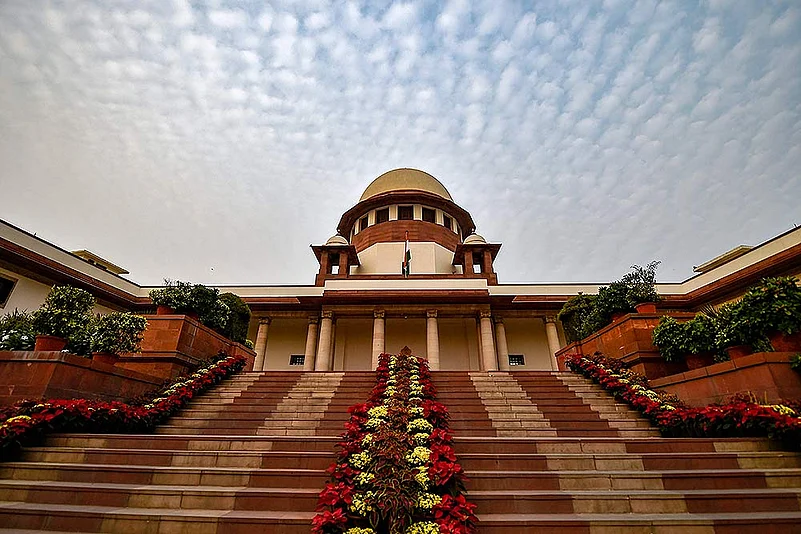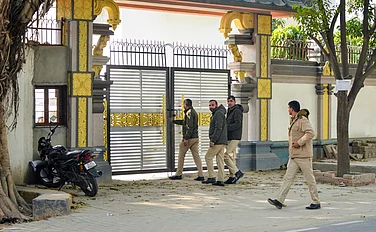The Supreme Court Monday refused to interfere with an order passed by the Delhi High Court on a plea raising the issue of alleged re-use of expired medicines by erasing original manufacturing details and re-stamping them, saying it was a “correct order”.
In its February 27, 2020 order, the high court had refused to entertain the petition observing it appeared that there were sufficient provisions for the manner of labelling of medicines/drugs. The high court, while disposing of the plea, had also said that liberty is reserved with the petitioner to move appropriate proceedings before the appropriate forum for alleged breach of concerned rules of the Drugs and Cosmetics Rules, 1945 with proper averments, allegations and annexures.
The plea challenging the high court’s order came up for hearing before a bench of Justices Indira Banerjee and J K Maheshwari. Advocate Amit Sahni, who had filed the petition, told the apex court that he had initially filed a representation to the authority concerned on the issue and had thereafter filed a petition in the high court.
He said one of the prayers in his plea filed before the high court was to direct the concerned authorities to take appropriate measures for “replacing the existing mechanism of stamping the strip of medicine with other method viz printing etc so as to avoid or minimize the re-use of expired medicine by stamping afresh with new expiry date after erasing existing manufacturing date/expiry date/price etc”.
“If there is something, you have to lodge a complaint,” the bench observed, adding, “All the provisions are there.” Sahni argued that there are provisions but the authorities are not enforcing them to stop this. The apex court observed if the authorities are not enforcing the provisions in a particular case, then the petitioner can come and challenge the same.“It’s a waste of judicial time,” the bench orally observed, adding, “Sorry. It is the correct order”.
The bench said the high court has “very rightly” said that the petitioner may approach the concerned authorities in respect of any particular manufacturer or a specific person for alleged breach of rules. “We find no grounds to interfere with the judgement and order of the Delhi High Court impugned in this SLP (special leave petition),” the bench said. “As held by the high court, as and when any breach is pointed out with specific details, action might be initiated,” it said.
In his plea filed in the apex court, Sahni said the matter involves an “extremely sensitive issue” pertaining to non-compliance of Rule 96 of the Drug and Cosmetics Rules 1945, enacted under the Drugs and Cosmetics Act 1940, providing for the manner of labelling with indelible ink in a conspicuous manner. The plea alleged that the authorities concerned “do not take appropriate measures to enforce compliance of aforesaid rule and most of the pharmaceutical companies are labelling drugs with a stamp (generally blue colour), which can easily be removed by alcohol based solution viz, after shave lotion, nail paint remover etc”.
-With PTI Inputs


























